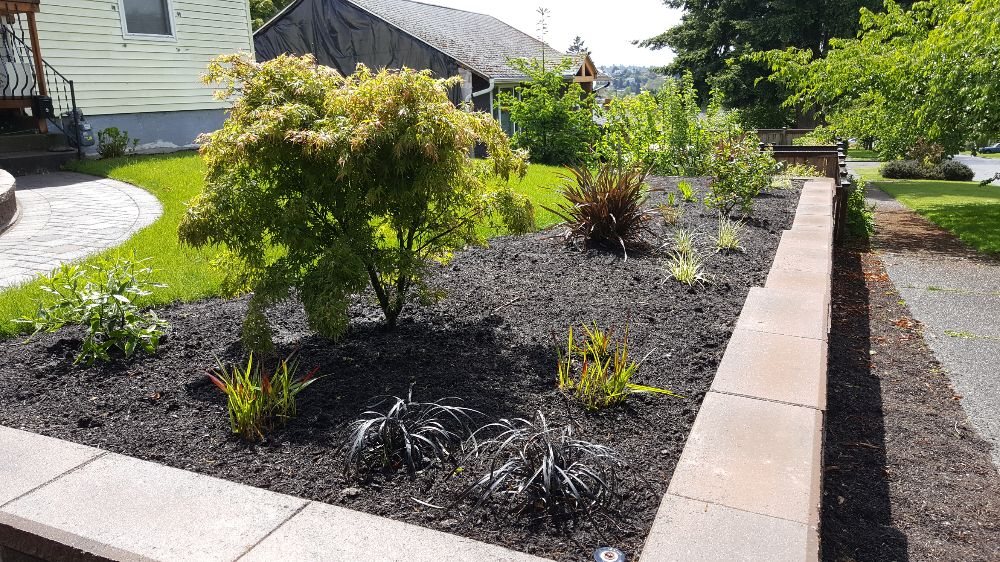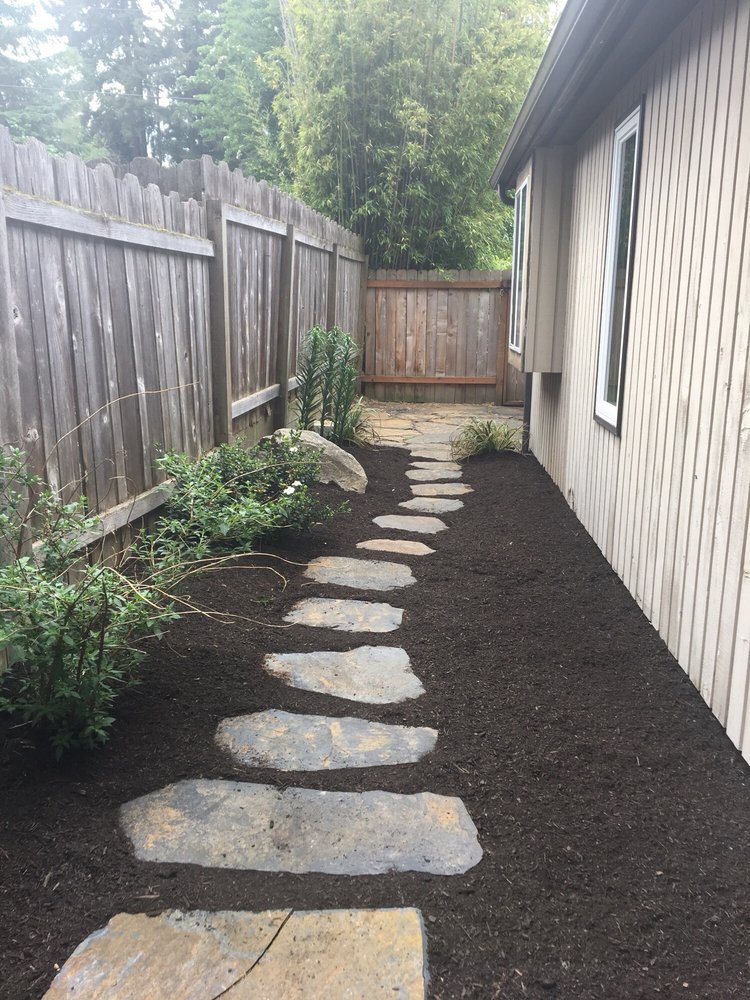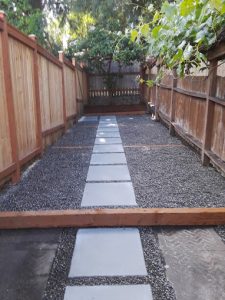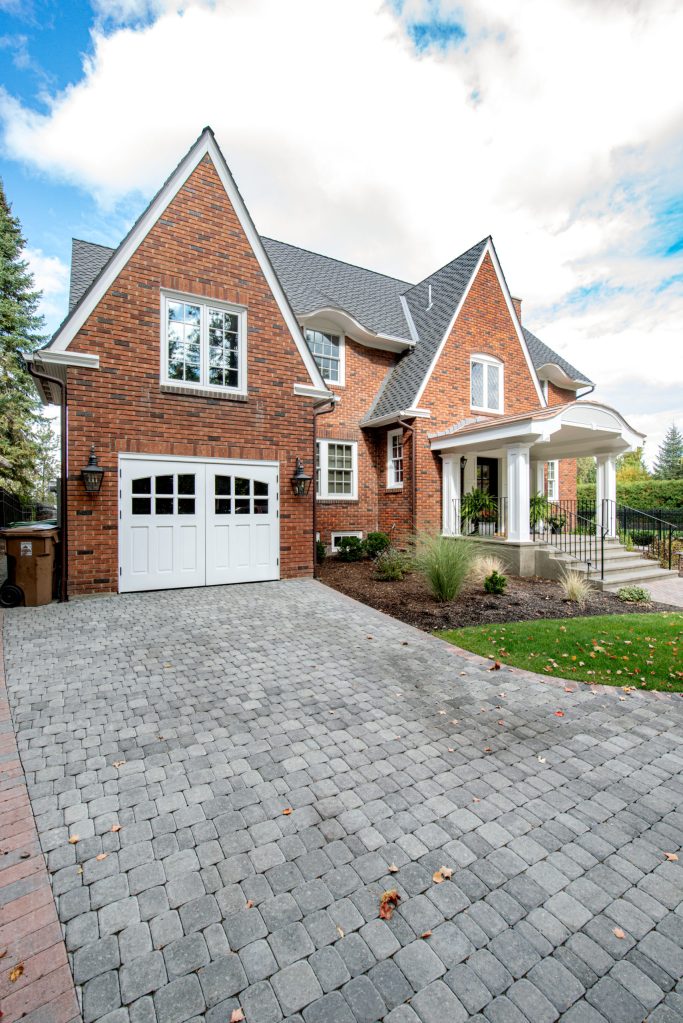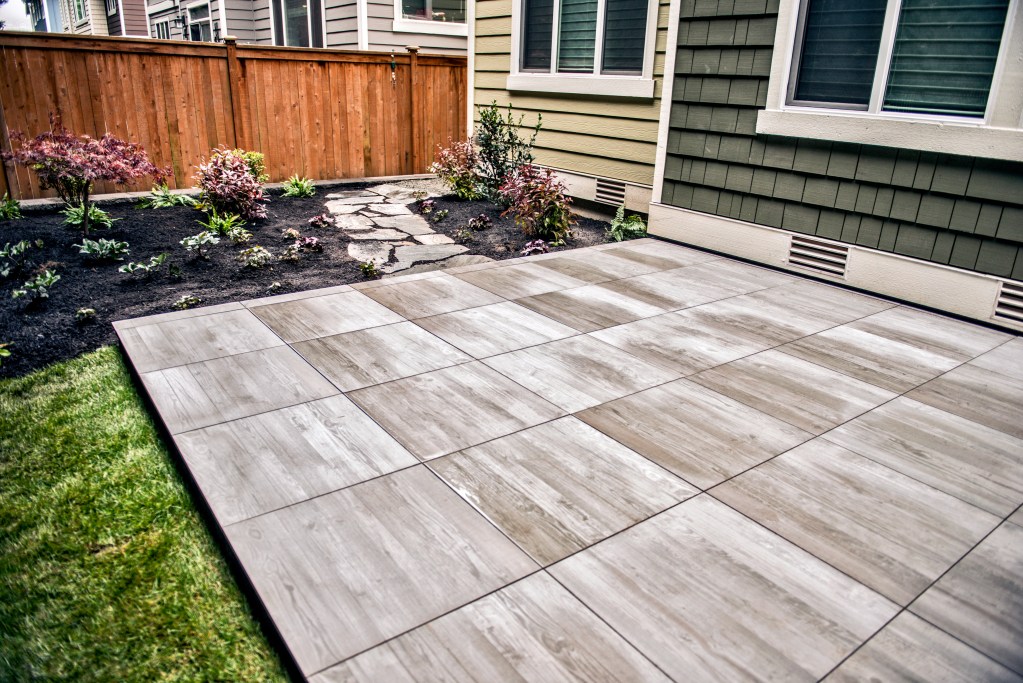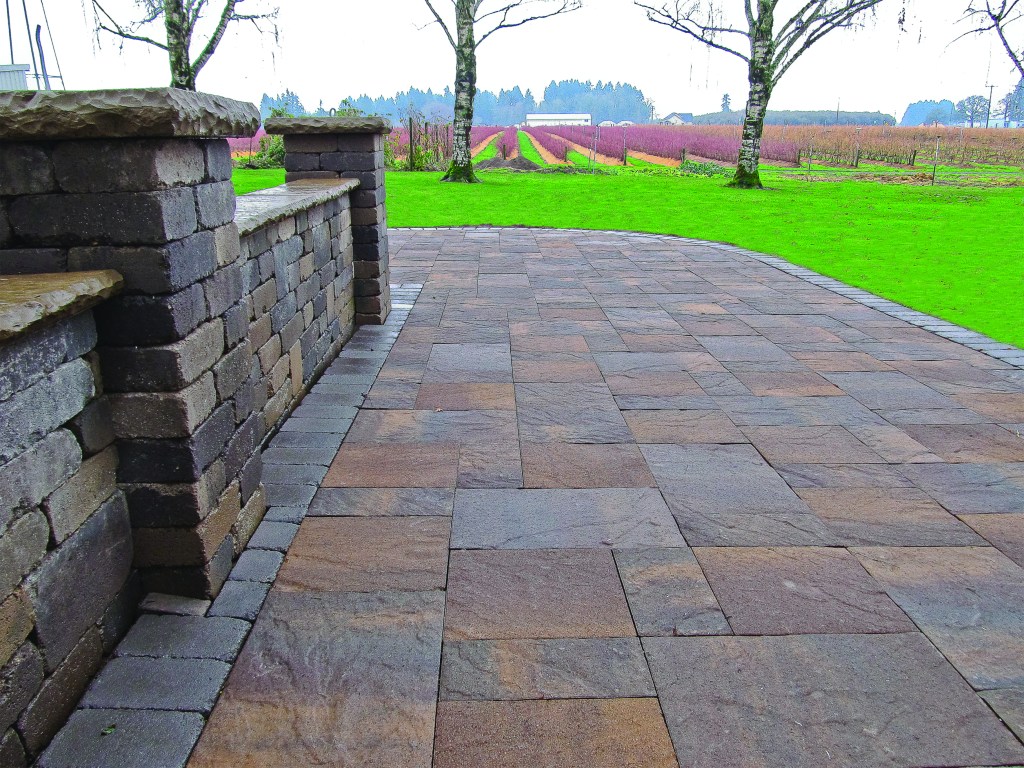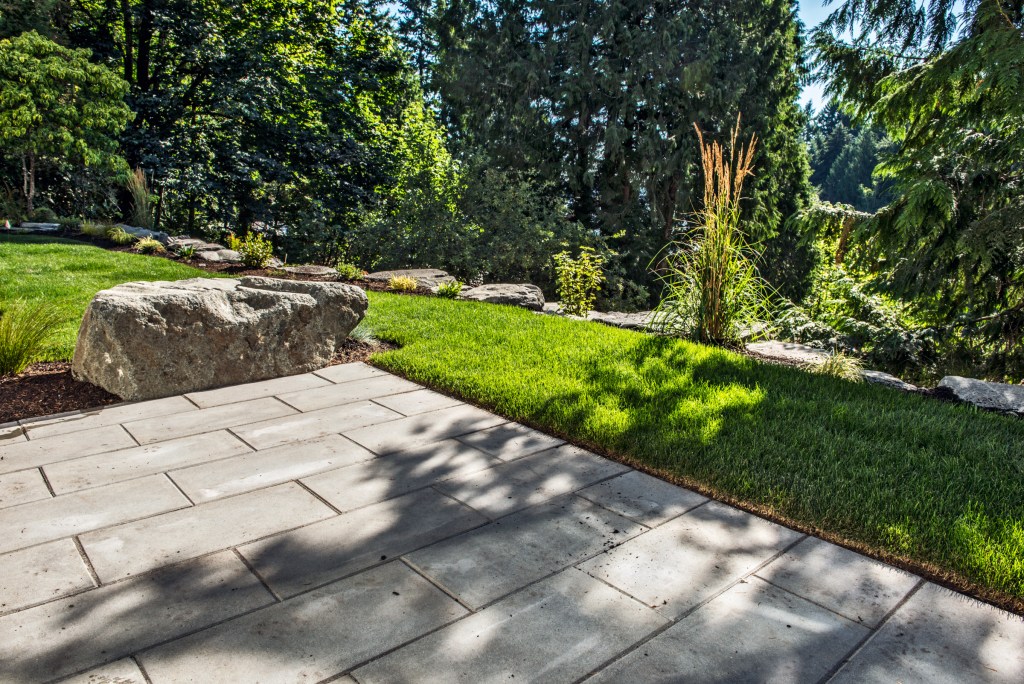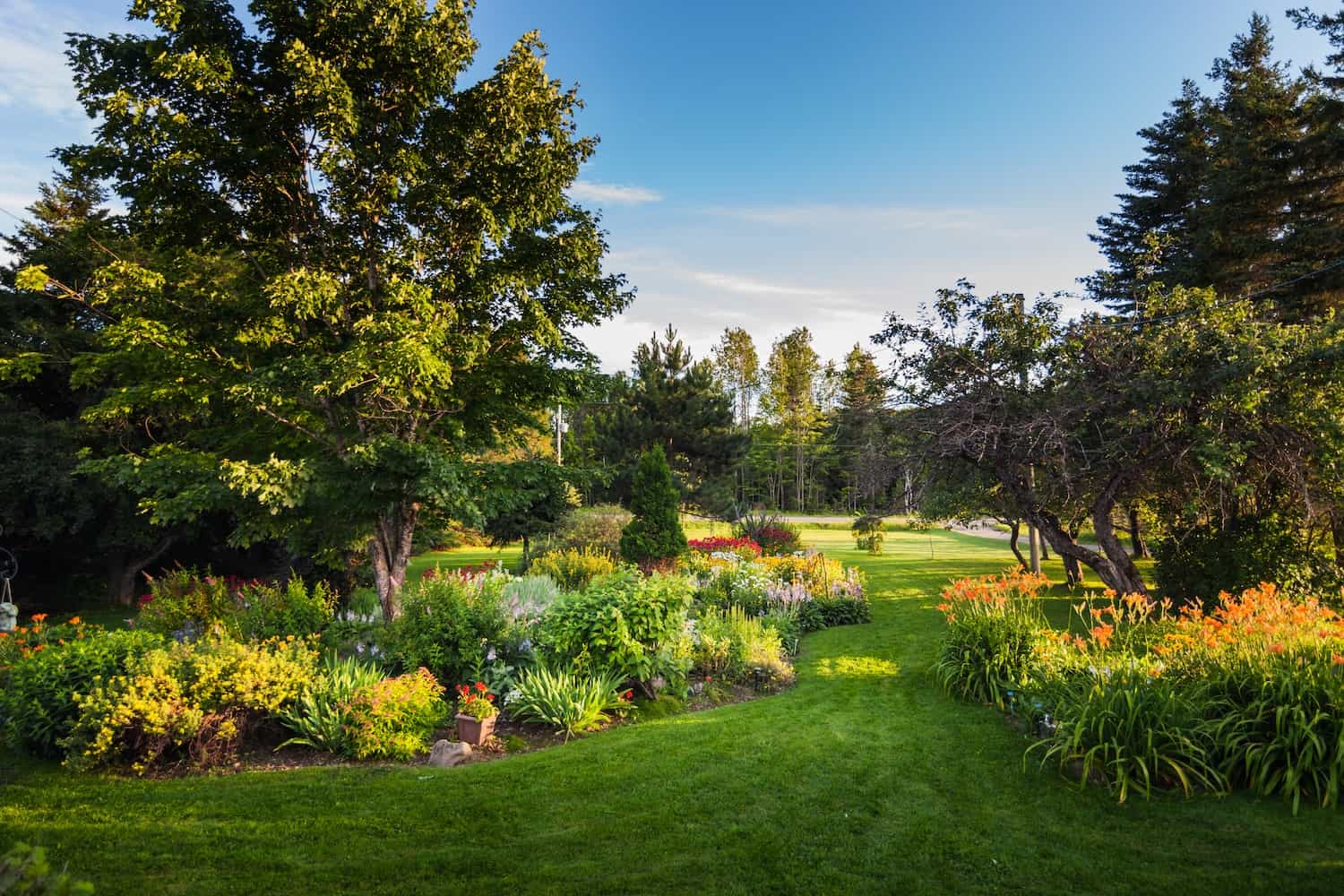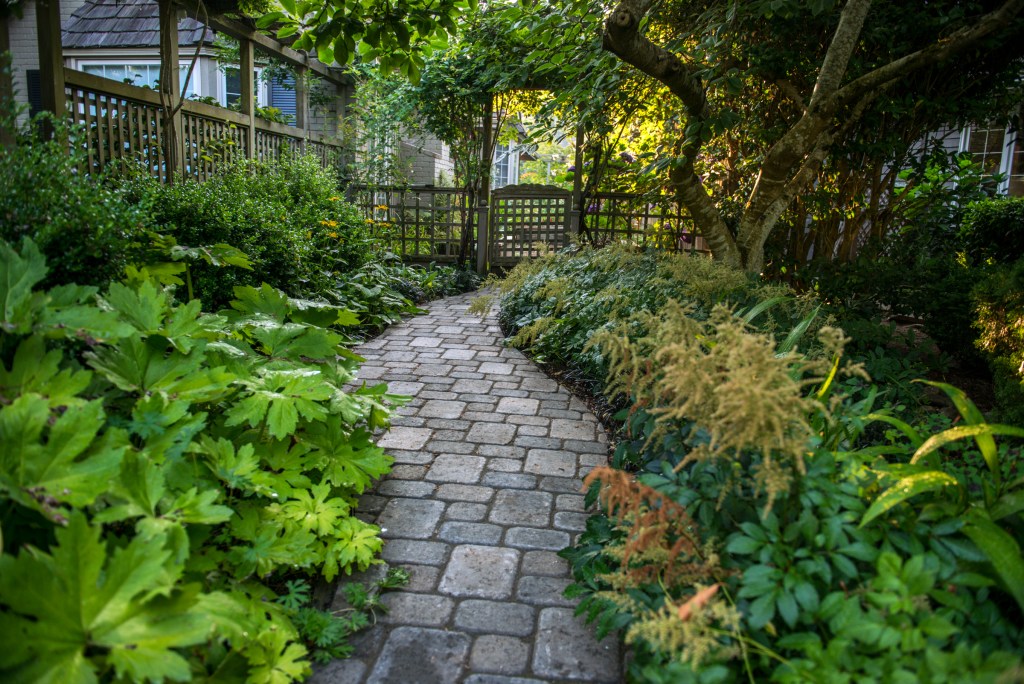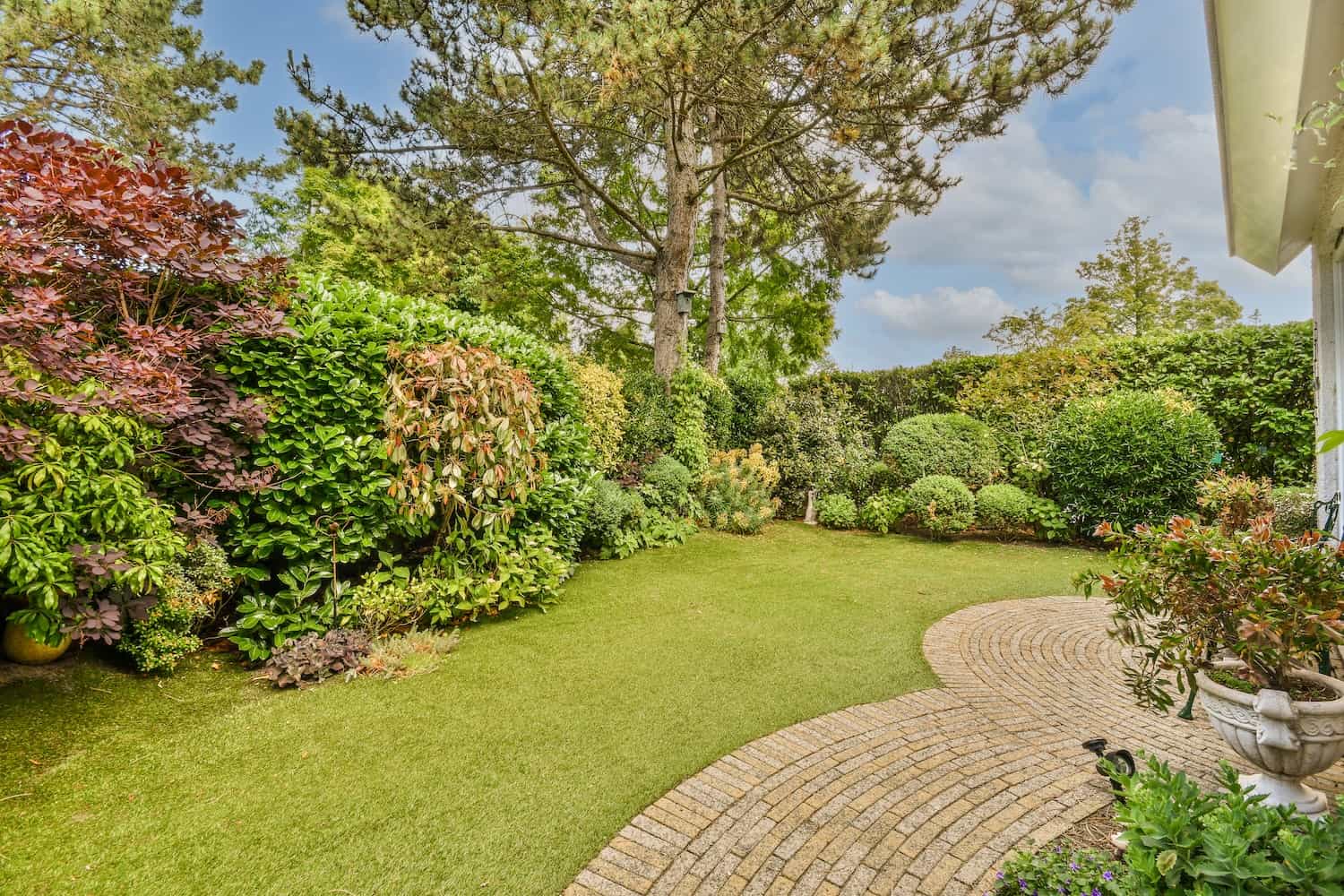Hey there, Mr. Lee here!
Mulch is like a warm, cozy blanket for your soil—it keeps moisture in, keeps weeds out, and protects against those temperature swings. If you’re in Seattle, choosing the right mulch is key to keeping your landscape looking sharp and staying healthy, whether you’re battling heavy rain or the occasional dry spell.
Best Mulch Options for Seattle Landscapes
- Bark Mulch (Cedar, Hemlock, Fir) – Looks great, lasts long, and helps keep moisture in while naturally repelling insects.
- Compost Mulch – Enriches the soil with nutrients and helps plants thrive by holding in moisture.
- Wood Chips – Great for parks and pathways, prevents weed growth, and keeps soil hydrated.
- Gravel or Rock Mulch – Ideal for drainage and erosion control, perfect for pathways and drought-tolerant areas.
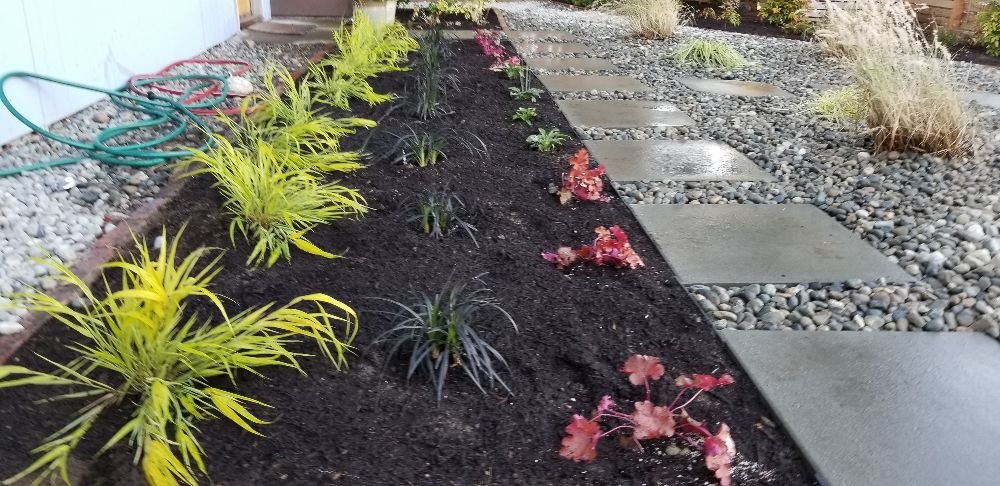
Why Mulch Matters in Seattle
Seattle’s mix of rain and dry spells makes mulch a must-have for your garden. It helps:



How to Prep and Apply Mulch Like a Pro
- Clear the area – Remove weeds and old mulch.
- Define edges – Use an edging tool for a clean border.
- Smooth the soil – Break up clumps for even coverage.
- Spread mulch evenly – Aim for 2–3 inches deep to lock in moisture and keep weeds down.
- Shape the bed – Slight slopes prevent mulch from washing away in the rain.
A well-mulched yard doesn’t just look good—it makes maintenance easier and helps your plants thrive all year long. Want to refresh your mulch beds? Let’s get started! 
